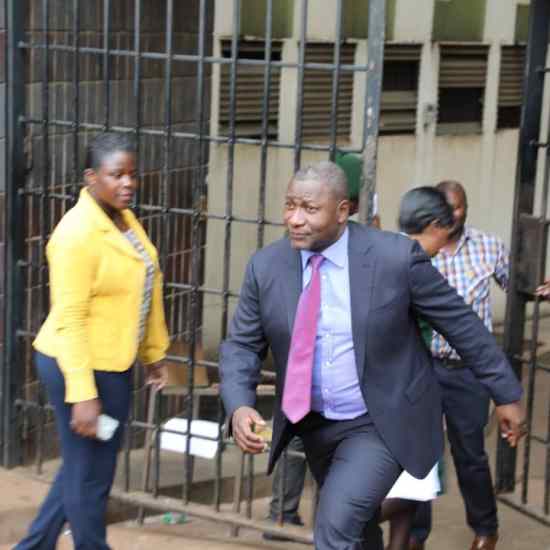
Chinese technology giant, Huawei Technologies Zimbabwe Private Limited yesterday partnered six local universities to launch a ground-breaking ICT competition aimed at identifying and nurturing more than 200 talents in the country.
The competition will see higher tertiary institutions competing and exchanging ideas in order to enhance their ICT knowledge, practical and application skills and raise their innovation awareness.
Winners of the contests in Zimbabwe will take part in regional finals in South Africa and global finals at Huawei’s headquarters in Shenzhen, China.
Jason Shao, Managing Director of Huawei Technologies Zimbabwe said although the pilot project has six institutions, the number will likely increase so as to spread the idea to other universities.
“Huawei will continue to invest in this collaboration with universities, this number is expected to increase greatly within the coming months, and continuously supply excellent candidates to Huawei’s ICT talent eco-system that will form the foundation in the digitalization plan for the nearest future,” he said.
Huawei launched its global ICT competition in 2015, and Zimbabwe joined in 2019.
With a growing youth population and rapid advancement in innovation and technology, Zimbabwe scales high and is noticeably being positioned on the world map for its ICT talents.
Information, Communication Technology and Courier Services (ICT) Minister Dr Jenfan Muswere applauded the initiative saying it will transform and improve the quality of education in Zimbabwe.
“We strongly believe that the skills transferred through this programme will enhance the quality of our educational system and provide economic opportunities to individuals as well as the broader economic development of not only Zimbabwe but the whole of Africa,” he said
Information, Publicity and Broadcasting Services Minister Monica Mutsvangwa said students should take the opportunity which will be key in the development of the country.
“Zimbabwe is lucky to have the Huawei ICT competition which should play a key role in the national vision of transforming the country into an upper-middle-income economy by 2030,” she said.
“As a country, we are poised for a seamless integration spurred by the high literacy rates that the country boasts.”








